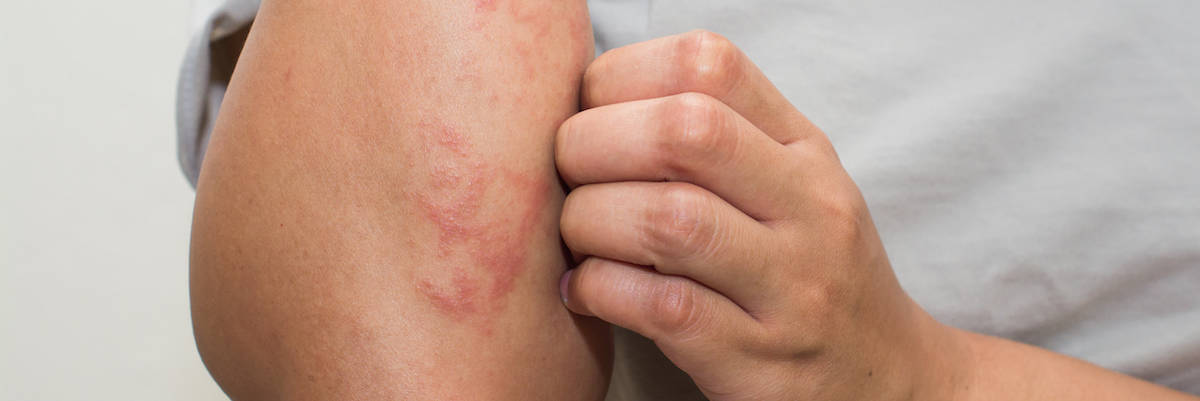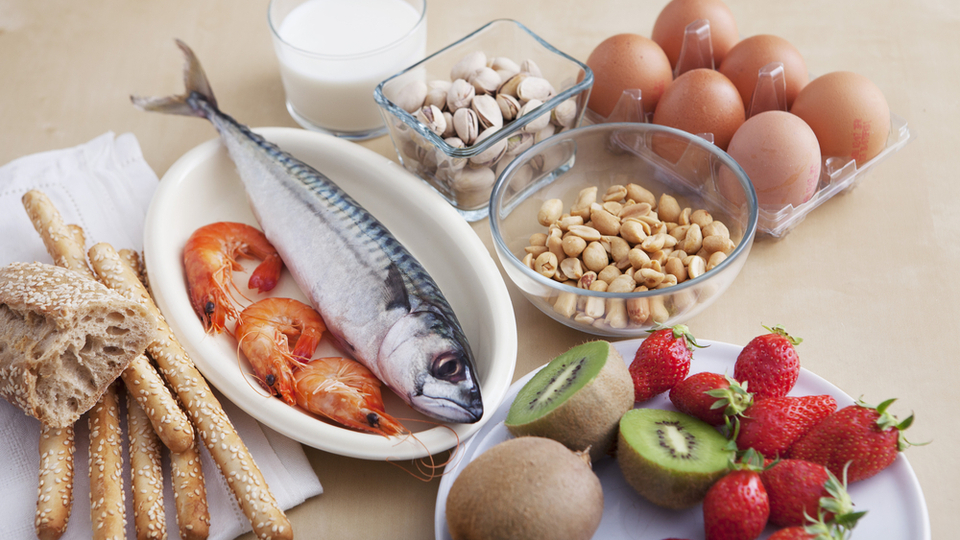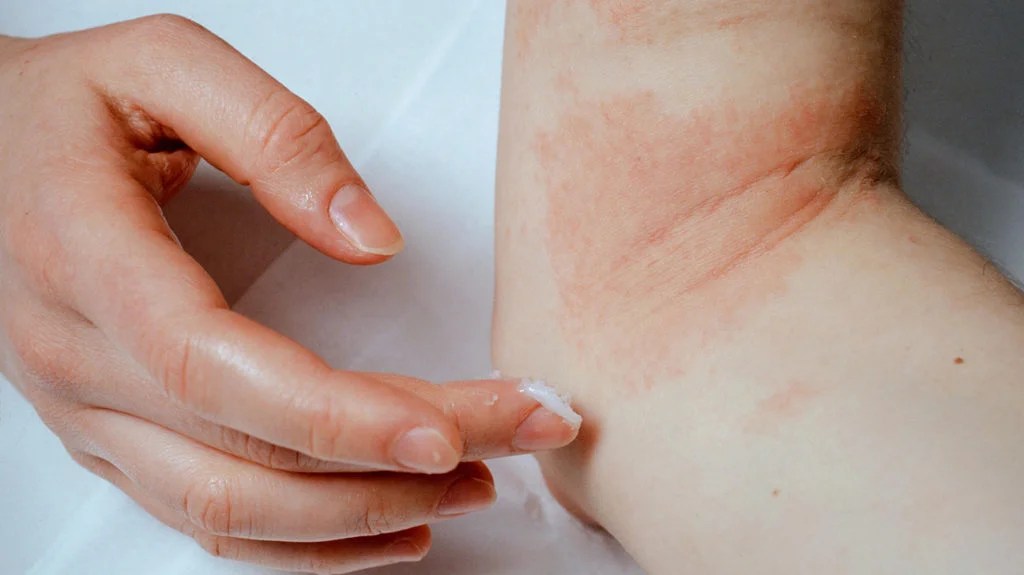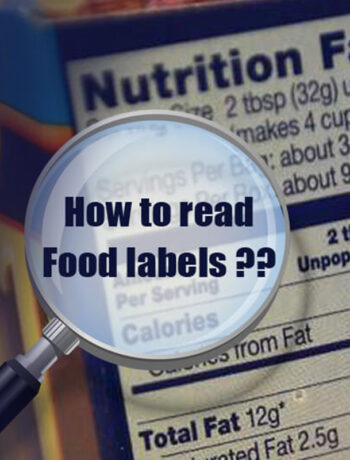It is well known that diet can affect the body in many ways, but did you know it could also influence the efficacy of eczema cream? Many wonders if what we eat and drink influences how effectively our treatments for skin conditions work. In this article, we will explore how a healthy diet may be beneficial when trying to treat eczema with creams.
Through scientific research and personal anecdotes, readers will learn more about the connection between food and effective treatment of skin conditions such as eczema.
The Role of Diet in Eczema Treatment

Source: www.healthline.com
For those living with eczema, the right diet can make a huge difference in how well their condition is managed. Eating foods that are high in omega-3 fatty acids, such as salmon and walnuts, may reduce inflammation and improve symptoms.
Additionally, avoiding foods like dairy products or processed ingredients that could trigger an allergic reaction can limit flare-ups. While it’s essential to note that what works for one person might not work for everyone, many people have reported positive results from changing their diets when treating their eczema.
In some cases, these dietary changes alone can be enough to alleviate symptoms without needing any additional creams or medications. As such, it’s important to consider both diet and topical treatments when seeking relief from eczema symptoms.
Types of Foods to Eat and Avoid for Eczema Relief

Source: dermindy.com
Eczema, an uncomfortable and sometimes embarrassing skin condition, can be made worse by certain foods. While there is no one-size-fits-all solution to eczema relief, understanding which types of food you should eat or avoid may help in reducing flare-ups.
To reduce the risk of irritation and inflammation associated with eczema, it’s important to include plenty of fresh fruits and vegetables in your diet as they are packed with vitamins that can improve skin health. Additionally, whole grains such as quinoa, oats, and brown rice provide essential nutrients like zinc and selenium that have been linked to helping reduce itching caused by dry skin conditions. Other beneficial sources of nutrition for those who suffer from eczema include nuts like almonds or walnuts; legumes such as lentils, beans, or peanuts; fish high in omega-3 fatty acids like salmon; eggs; low-fat dairy products such as yogurt; olive oil and avocados.
On the other hand, some foods may worsen symptoms associated with eczema so it’s important to limit their intake where possible. These include processed meats like bacon or sausages; deep-fried foods such as chips or doughnuts; sugary snacks including cakes and sweets; caffeinated beverages including coffee tea energy drinks etc.
; alcohol especially red wine which has a high histamine content; citrus fruits – oranges lemons limes, etc., spicy dishes containing chili peppers cayenne peppers black pepper, etc.
; artificial coloring additives preservatives flavorings emulsifiers thickeners sweeteners found in many packaged foods; wheat flour products white flour pasta biscuits crackers pastries cereals etc. With this knowledge, you can make informed decisions about what dietary changes you need to make for the best results when using topical treatments for your particular case of eczema relief.
Can Eczema Be Cured

Source: www.allergyinstitute.org
The answer to this question is not straightforward as many factors can influence the efficacy of eczema cream. While it is true that certain dietary changes may help reduce symptoms, including itching and inflammation in some cases, a definitive cure for eczema has yet to be found.
To gain relief from their condition, patients must look beyond just using topical treatments alone; diet plays an important role in managing the severity and frequency of flare-ups. While researchers have identified particular foods which can trigger or worsen eczema symptoms, they also emphasize the importance of eating a balanced diet full of fresh fruits and vegetables as well as healthy proteins like fish and skinless poultry.
This helps ensure that those affected by eczema get all the essential vitamins and minerals necessary for good health while avoiding potential allergy triggers like dairy products or gluten.
Ultimately, finding a combination of lifestyle modifications – such as dietary changes alongside the use of effective topical treatments – will provide long-term relief from this troublesome skin disorder.
Conclusion

Source: nationaleczema.org
In conclusion, eczema cream efficacy may be affected by what a person eats. While some foods like dairy and sugar can trigger flare-ups of eczema symptoms, others such as seafood and certain fruits are known to help reduce inflammation associated with the condition.
Therefore, if you have been prescribed an eczema cream, it is important to consider what you eat to maximize its effectiveness.



